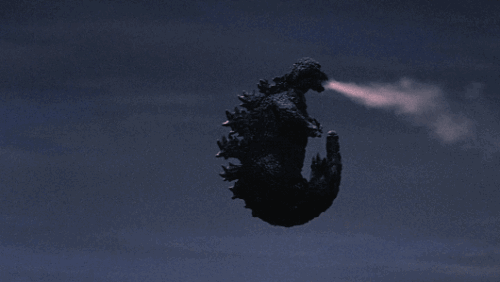The Congo Civil War, or Congo Crisis, was a complex political tumult that began just days following Belgium’s granting of Congolese independence in 1960. Lasting four years, the associated violence claimed an estimated 100,000 lives including the nation’s first Prime Minister, Patrice Lumumba, and UN Secretary Dag Hammarskjöld, who was killed in a plane crash as he attempted to mediate the crisis. Escalating with the secession of the southernmost province of Katanga, the conflict concluded five years later with a united Congo emerging under the dictatorship of Joseph-Désiré Mobutu.
On June 30, 1960, Belgium negotiated post-colonial mining rights in declaring an independent Democratic Republic of the Congo (DRC). Yet within days, soldiers of the Congolese army mutinied, demanding increased pay and the removal of white officers from their ranks. When Belgium intervened militarily, more soldiers rebelled. Many of these soldiers gravitated toward the radical nationalist Prime Minister Patrice Emery Lumumba.
Then, dominated by Belgian business interests, the mineral-rich Katanga province under the leadership of Moïse Kapenda Tshombe seceded from the DRC with Belgian support. Congolese President Joseph Kasavubu and Prime Minister Lumumba asked and received a peacekeeping force from the United Nations (UN).
The conflict also became the site of a dangerous Cold War “proxy” contest between western powers led by the United States and the Soviet Union-led Communist bloc. Under pressure from western nations and in exchange for UN support, President Kasavubu purged his government of radical elements including Prime Minister Lumumba. The ultra-nationalist Lumumba, though supported by the Congolese, was viewed by Western business leaders as an obstacle to their continued investments in Congolese diamond mines. Fearing Lumumba was secretly a Communist, the United States was particularly adamant about his removal from power.
Lumumba responded by firing Kasavubu as both leaders claimed control over the country, and Army Chief of Staff Joseph Mobutu in turn orchestrated a military coup d’état which ousted the two leaders. Mobutu’s government was supported by western governments. The Soviet Union and other Communist nations supported Lumumba who ultimately was killed by Katangan rebels.
With his chief rival removed, Mobutu pledged nominal support to President Kasavubu and the two led the successful effort to end the Katanga secession. UN forces eventually recaptured all of Katanga province. In 1964, a new rebellion began in the Eastern Congo when armed fighters (“Simbas”) began to spread across the region. Ironically, Moïse Tshombe, who had led the secessionist Katanga province, was made prime minister with the mandate to defeat these rebels and end other regional revolts. The Simbas were defeated in November 1964.
One year later, Mobutu seized power from President Kasavubu after having persuaded Western leaders that he was the most effective leader in the fight against communism. Kasavubu and Tshombe were exiled as Mobutu set up a one-party dictatorship, controlling the nation until 1997. Nonetheless, for the first time since independence, all of the country was ruled by one government.
Megathreads and spaces to hang out:
- 📀 Come listen to music and Watch movies with your fellow Hexbears nerd, in Cy.tube
- 🔥 Read and talk about a current topics in the News Megathread
- ⚔ Come talk in the New Weekly PoC thread
- ✨ Talk with fellow Trans comrades in the New Weekly Trans thread
reminders:
- 💚 You nerds can join specific comms to see posts about all sorts of topics
- 💙 Hexbear’s algorithm prioritizes comments over upbears
- 💜 Sorting by new you nerd
- 🌈 If you ever want to make your own megathread, you can reserve a spot here nerd
- 🐶 Join the unofficial Hexbear-adjacent Mastodon instance toots.matapacos.dog
Links To Resources (Aid and Theory):
Aid:
Theory:


you just have to realise that nothing really matters, the vast majority of life is basically random, and you can't change shit. when everything is bleak and pointless and grimdark to the point of being fucking comical, it suddenly becomes incredibly easy to be laidback
i think the term is "learned helplessness" - i'm sure this approach is extremely healthy and people should follow my example /s
Well there's also Absurdism, which is sorta that but engaging with it a way you can come to terms with it. It's what keeps me going.
Ah, I see the problem - I care deeply about all the elements of my life, the personal ones. I have accepted that the (western) world is nihilism bait and going down in flames ( ) but I have trouble with feeling way too much about interactions with people, or like, video games and shit. Just excess frustration that generates for no reason.
) but I have trouble with feeling way too much about interactions with people, or like, video games and shit. Just excess frustration that generates for no reason.
Being mad at the world is cool actually, it frequently causes people to do something about it =)
Why are you in my brain, typing exactly how I feel about things in general?
I am totally mentally healthy, I have no problems whatsoever.
(I am making a cry for help.)